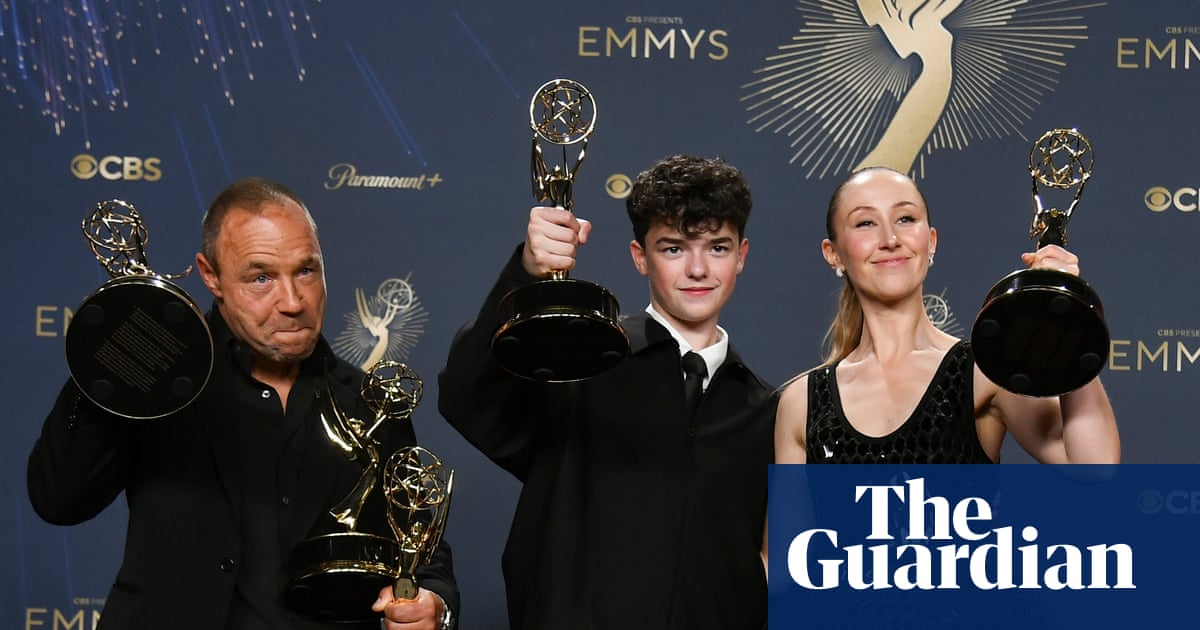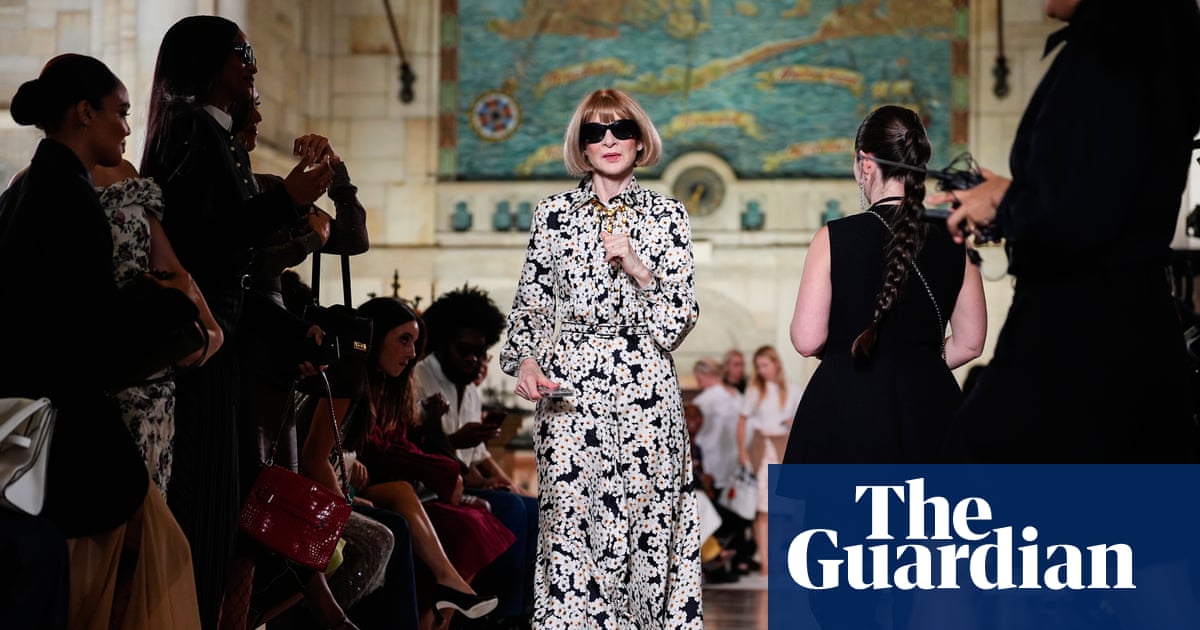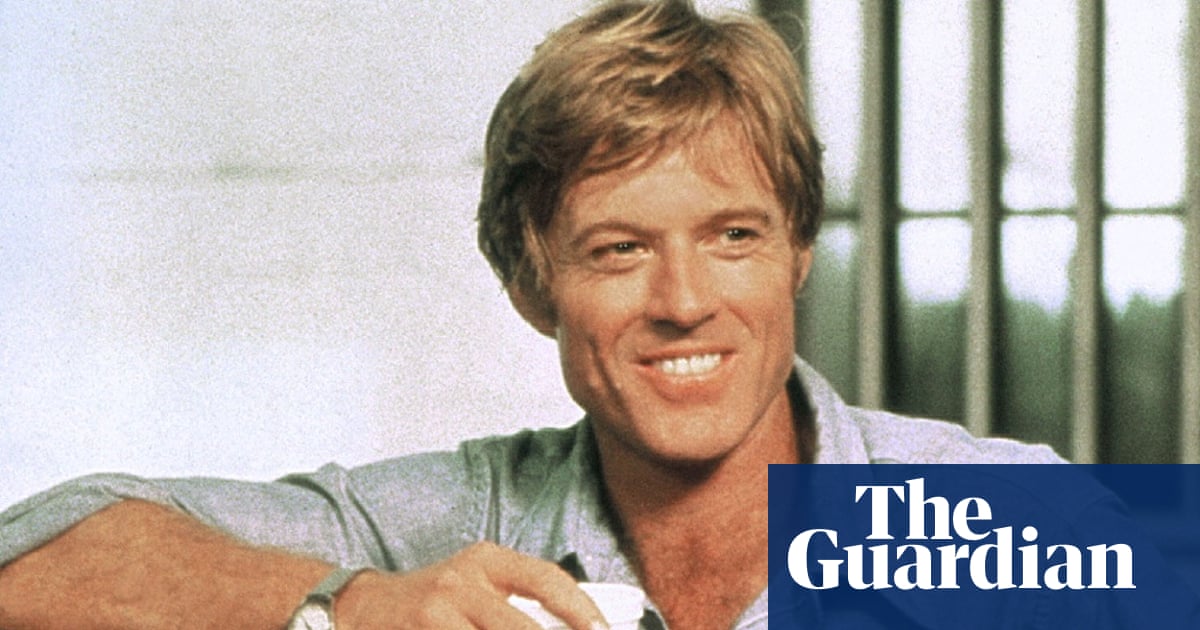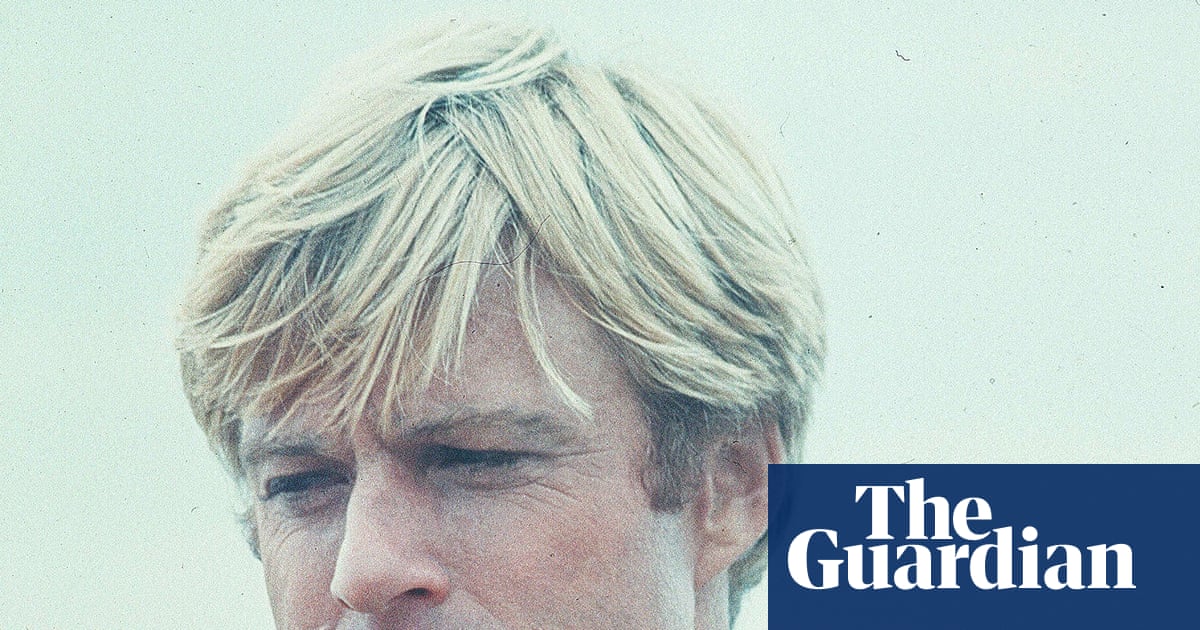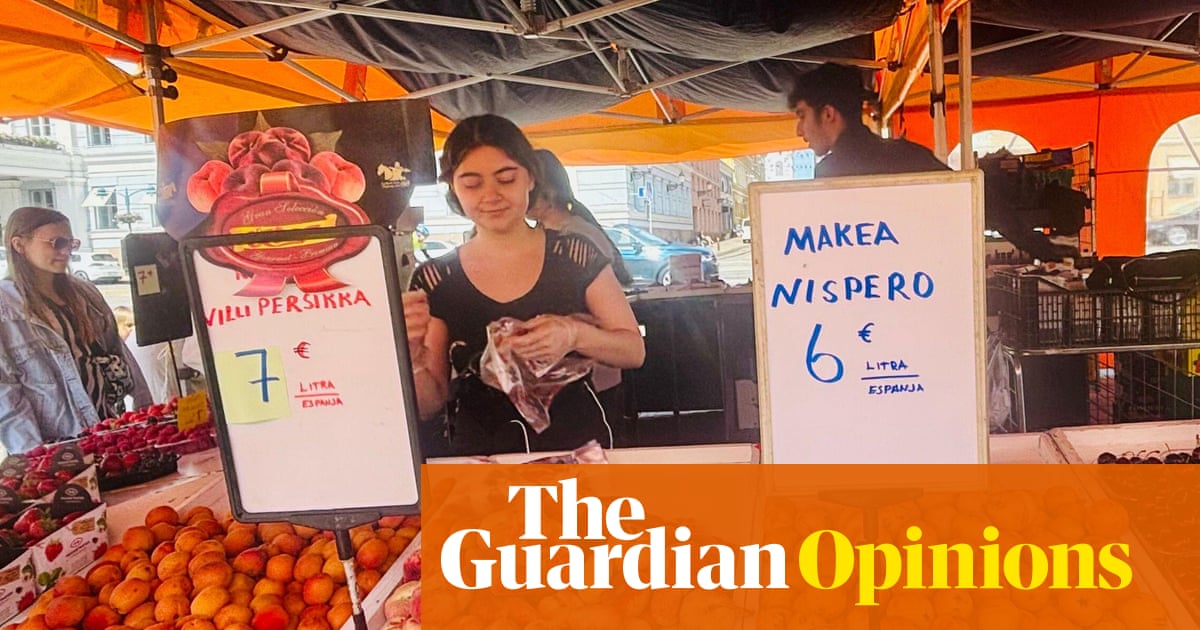Few events feel as haunted as the Aldeburgh festival. Nearly 80 years since it was established by Benjamin Britten and Peter Pears – and decades since their deaths – the couple still loom large in its Suffolk environs, their project continued by younger friends and collaborators.
None are more eminent than the composer Colin Matthews, who assisted Britten in the final years of his life. Now 79, Matthews has produced his own first opera, on a Chekhov-inspired libretto by William Boyd: the world premiere of A Visit to Friends opened this year’s festival, on the same stage where Britten’s Death in Venice made its debut 52 years ago.
A Visit to Friends features an opera within the opera: scenes of a work with a libretto by Chekhov and a score by an unknown composer that Matthews models on Scriabin are interrupted by the “real world” of rehearsals. Life imitates art imitating life; it’s “a very complicated visit to friends”, as one character says. We hop between stages of the rehearsal process, while the internal opera’s plot pushes on.
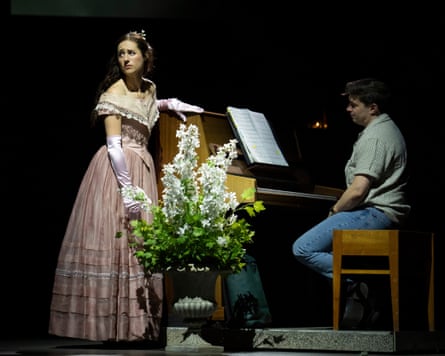
In Leanne Vandenbussche’s ingeniously simple set, the wall of a modern rehearsal room revolves to reveal the disintegrating veranda of a once-grand Russian house. Harsh lighting flicks up as run-throughs are halted. The rehearsal pianist slides on and off (upright and all). Colours play constantly across a video backdrop, as if taking the temperature of the action. Matthews’ score moves between the charged, late-Romantic meandering of the internal opera and something a little more incisive for the rehearsals. But much of the music is slow and delicately loose-limbed, its stagiest moment (a freeze-frame-like trio and quartet) in “real life”, not the fictional opera. Gesturally, though, the opera’s thespiness – hand-clasping, studied pointing, walking with an extravagant turning-circle – is a world away from the rehearsal’s naturalism.
That the self-conscious cleverness of the framing device didn’t pall says much about both the quality of performance and the lucidity of Rachael Hewer’s production. The small cast was uniformly excellent: Marcus Farnsworth was smoothly unpleasant as Misha/Marcus, Susanna Hurrell a bright, brittle Nadia/Natalie and Edward Hawkins a pitch-perfect parody of a certain brand of director. Lotte Betts-Dean’s Varia/Vanessa dominated, her mezzo so effusively rounded it was as if she kept finding the resonant frequency of the auditorium. Conducted by Jessica Cottis, Aurora Orchestra revelled in Matthews’ suavely luminous score.
More Matthews followed the next morning: the world premiere by the Gildas Quartet of his Quartet No 6, between the Three Idylls by Britten’s teacher Frank Bridge and Beethoven’s String Quartet No 9 in C, Op 59 No 3. The eight movements of Matthews’ quartet were vividly characterised: there were impish cascades of pizzicato, melodic lines that wandered, unhurried, and a slow-motion elegy that lingered like the perfume of a loved one. Bridge’s Three Idylls showcased the Gildas’s fine-grained, mellow tone and total musical symbiosis. Their Beethoven was exquisitely stylish, from the cool, vibrato-free introduction to its final intoxicating rush. It was an utterly compelling performance: exhilarating playing that urged us to listen anew.

.png) 3 months ago
22
3 months ago
22


